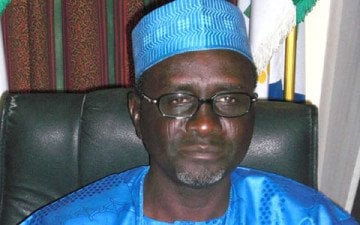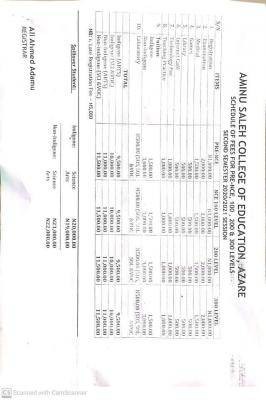
The Economic and Financial Crimes Commission has established 150 Integrity Clubs in secondary schools across the nation with the aim to intensify the fight against economic and financial crimes.
The Chairman of the commission, Ibrahim Lamorde, on Thursday disclosed this while launching the Integrity Club at the Police Secondary School, Minna, saying the inauguration of the clubs represented the commission’s shift from traditional law enforcement to crime prevention through education and citizens’ engagement.
“There is no better level to start from, than the level of the Nigerian child; it is for this reason that the commission established the EFCC Secondary School Integrity Club.
“The integrity club is an association of students whose goal is to advocate integrity and good governance in schools and the society as a whole.
Similar Posts:
“The clubs are joint proactive efforts by schools and the commission to instill in our young ones important core ethical values of honesty, fairness, responsibility and respect for self and others as well as the citizenship.”
He said corruption could be best prevented if an individual imbibed early in life, strong moral values of integrity, honesty accountability, transparency, fairness, equity and trust.
Lamorde, represented by Deputy Director, Public Affairs, Mr. Osita Nwaje, said it was unacceptable that despite vast human and material resources, the greater number of Nigerians lived in abject poverty.
“It is also unacceptable that while we are one of the most religious countries in the world, the greater majority of our leaders in all spheres of life, are only concerned about how much they can steal for themselves and their families”
Earlier, the Commissioner for Education, Alhaji Umar Abdulhameed, urged traditional rulers to stop giving out titles to persons with questionable means of income or dubious persons as a way of curbing corruption in the society.
He also urged authorities of universities to stop giving their honorary doctorate degrees to illiterates and dubious persons in the society. He said such award should be reserved for persons, who had had their first degrees and contributed meaningfully to the society.



